Search
Search Results
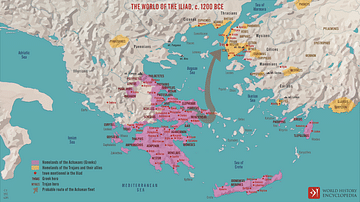
Article
Discovery of Troy
In his epic poems, the Iliad and the Odyssey, the Greek poet Homer (c. 750 BCE) told the story of the Trojan War, a ten-year siege of the city of Troy by an alliance of Greek city-states. Troy was also known by its Latinised name of Ilium...
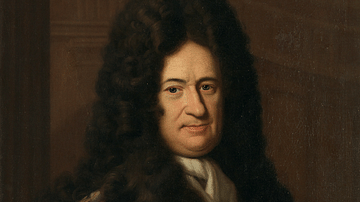
Definition
Gottfried Wilhelm Leibniz
Gottfried Wilhelm Leibniz (1646-1716) was a German polymath who became well-known across Europe for his work, particularly in the fields of science, mathematics, and philosophy. Leibniz's rationalist philosophy attempted to reconcile traditional...
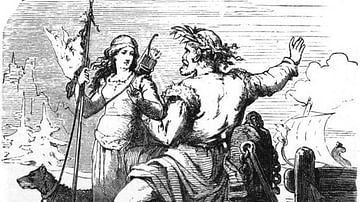
Image
Skadi & Njord
Artist's depiction of the Norse goddess Skadi and her husband, the god Njord, on their way to Njord's home of Nóatún. Although Skadi enjoys the mountains where she hunts and skis and Njord likes his dark, damp cave by the water, they try...
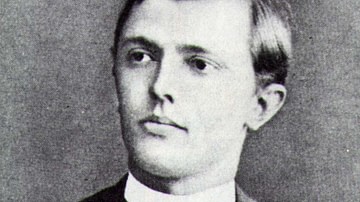
Image
Wilhelm Dörpfeld
German architect and archaeologist Wilhelm Dörpfeld (1853-1940), who excavated Troy with Heinrich Schliemann (1822-1890) and carried on Schliemann's work after his death in 1890.

Definition
Jeanne d'Albret
Jeanne d’Albret (Joan III of Navarre, l. 1528-1572) was Queen of Navarre, daughter of Marguerite de Navarre (l. 1492-1549) and niece of King Francois I (Francis I of France, r. 1515-1547). She is best known for leading the Huguenots (French...
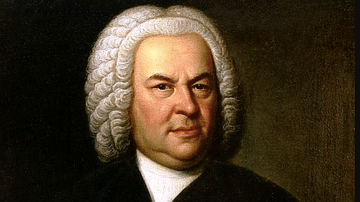
Definition
Johann Sebastian Bach
Johann Sebastian Bach (1685-1750) was a German organist and composer whose work is today regarded as amongst the finest of mature baroque music (c. 1600-1750). More famous as an organist than as a composer in his own lifetime, Bach's rich...
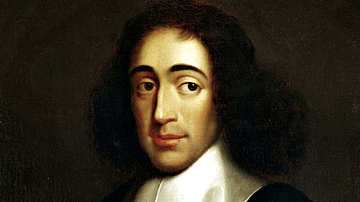
Definition
Baruch Spinoza
Baruch Spinoza (1632-1677) was a Dutch philosopher who combined rationalism and metaphysics to create a unique system of thought. Spinoza was held up as an atheist philosopher in the 18th century, but this is not an entirely accurate representation...
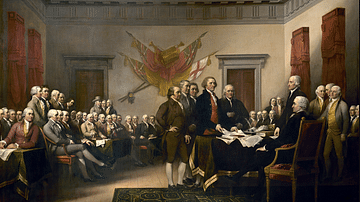
Definition
Social Contract
The social contract is an idea in philosophy that at some real or hypothetical point in the past, humans left the state of nature to join together and form societies by mutually agreeing which rights they would enjoy and how they would be...
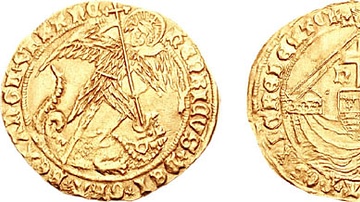
Definition
King's Evil
The king’s evil (from the Latin morbus regius meaning royal sickness), more commonly known as scrofula or medically tuberculous lymphadenitis, was a skin disease believed to be cured by the touch of the monarch as part of their inherited...

Definition
State of Nature
The state of nature is an idea which became especially popular with certain philosophers during the Enlightenment, notably Thomas Hobbes (1588-1679), John Locke (1632-1704), and Jean-Jacques Rousseau (1712-1778). It refers to a state of existence...